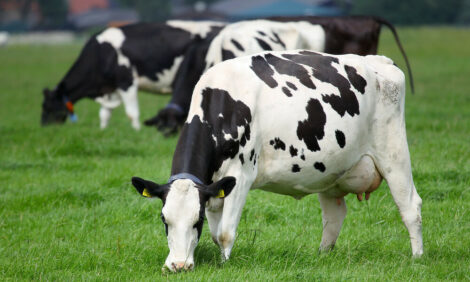



Canada Must Abandon Dairy Protection, if Joining TPP
GLOBAL - The Office of the US Trade Representative held a public hearing on Monday to hear testimony regarding Canada's participation in negotiations of the Trans-Pacific Partnership (TPP). Clay Hough, International Dairy Foods Association (IDFA) senior group vice president, testified that IDFA supports Canada's participation, but the country must abandon its current dairy policies because they conflict with TPP goals.The ultimate objective of dairy market access discussions with Canada should be for full duty-free access," Mr Hough said. "Canada's supply management system should be reformed and distortions to the trade of dairy products should be removed."
mR Hough explained that these market-oriented reforms and further integration of the North American dairy market would encourage innovation, product development and growth for the Canadian dairy industry and US dairy exporters.
Despite its significant barriers, Canada is the second-largest dairy market for US exports, accounting for more than $444 million in exports last year. Mexico, which will also join the TPP negotiations, is the top export market for US dairy products and has been a success story for dairy trade under the North American Free Trade Agreement.
The TPP is currently being negotiated by Australia, Brunei Darussalam, Chile, Malaysia, New Zealand, Peru, Singapore, the United States and Vietnam. Japan has expressed interest in participating as well.
Doug Bell, counselor and assistant US trade representative for trade policy and economics, presided over the proceedings. Also participating were Barbara Weisel, assistant US trade representative for Southeast Asia and the Pacific; John Melle, assistant US trade representative for the Americas; and other interagency officials.
IDFA also submitted written comments to USTR last month.
TheCattleSite News Desk


